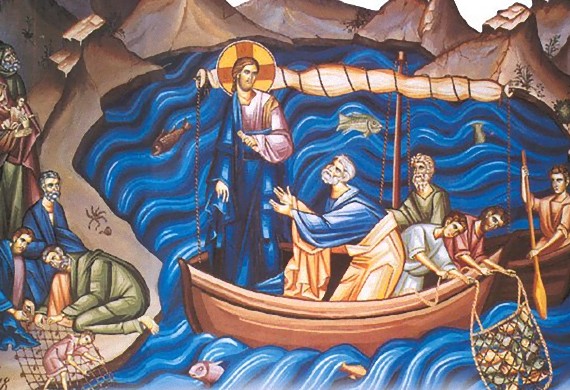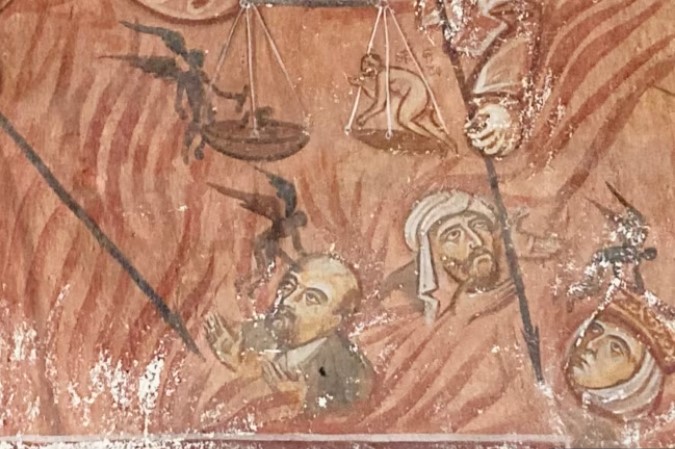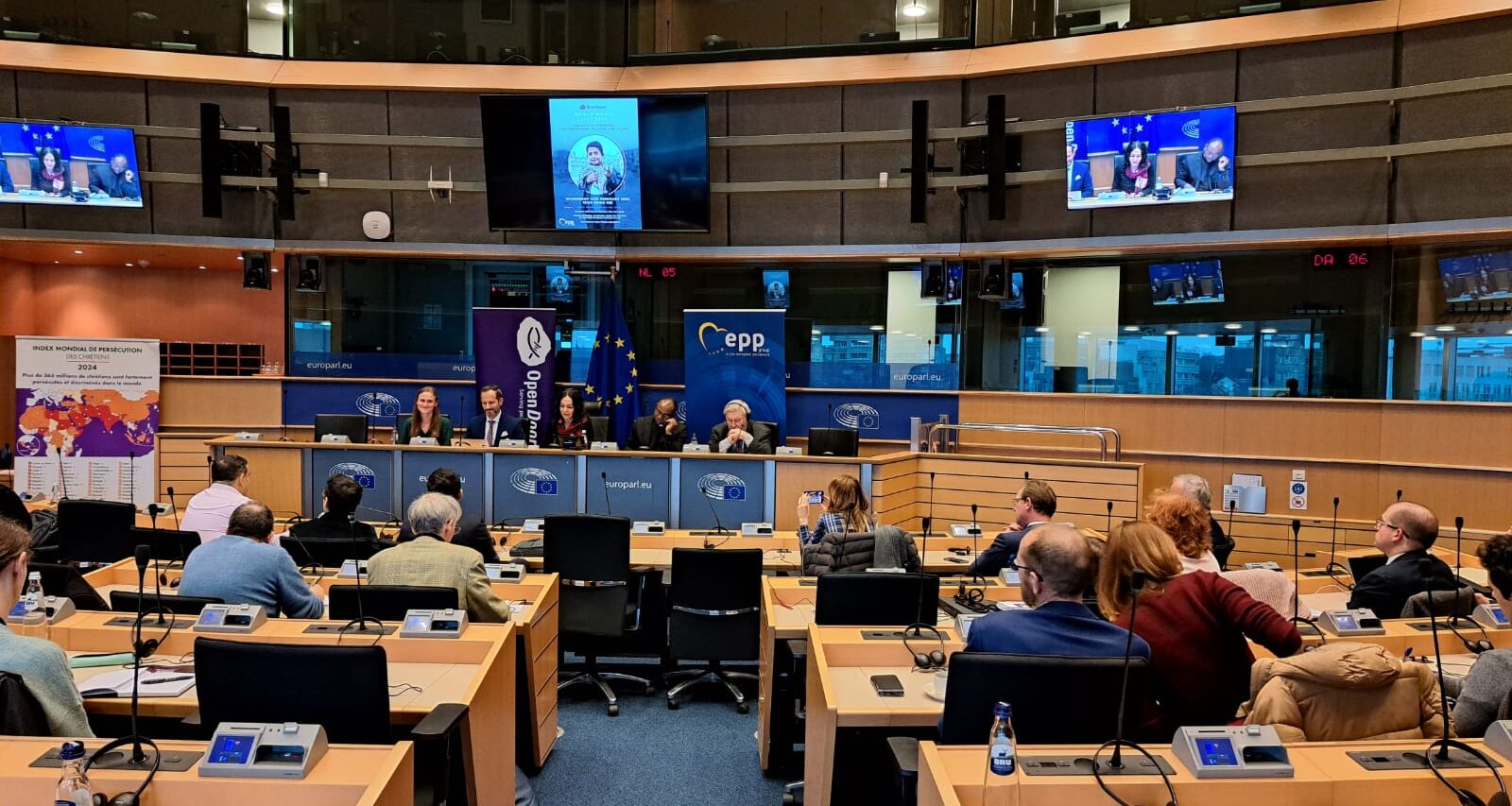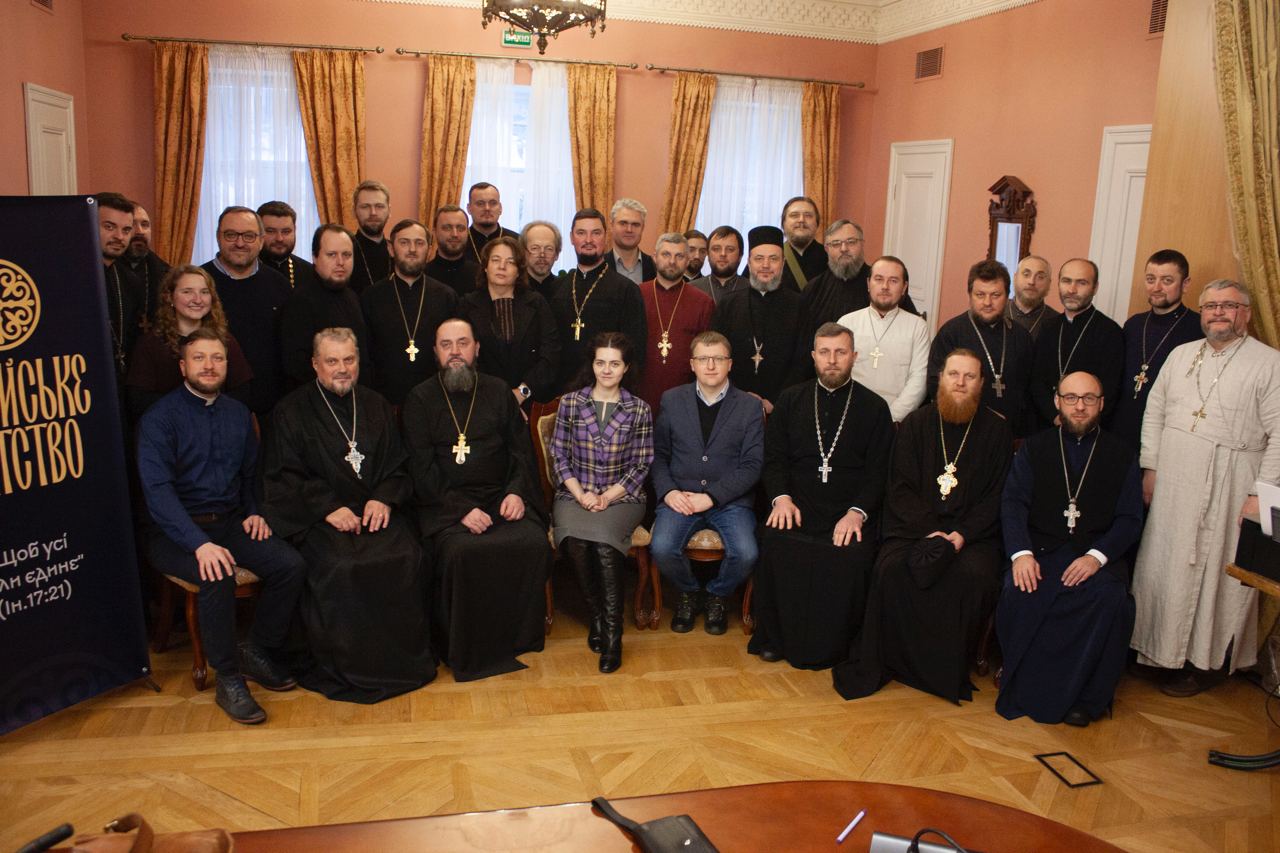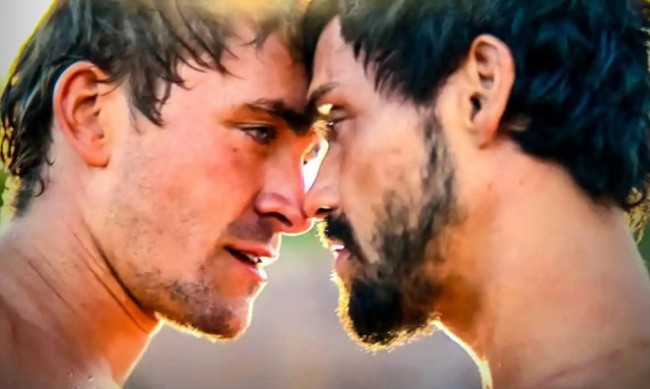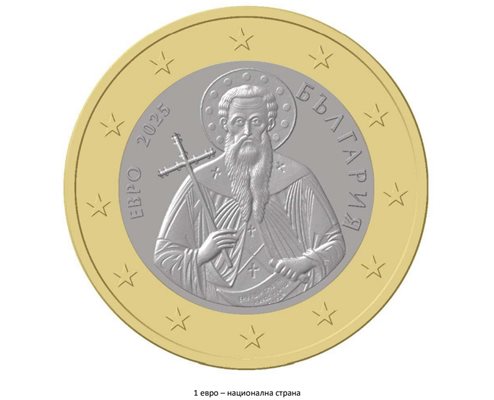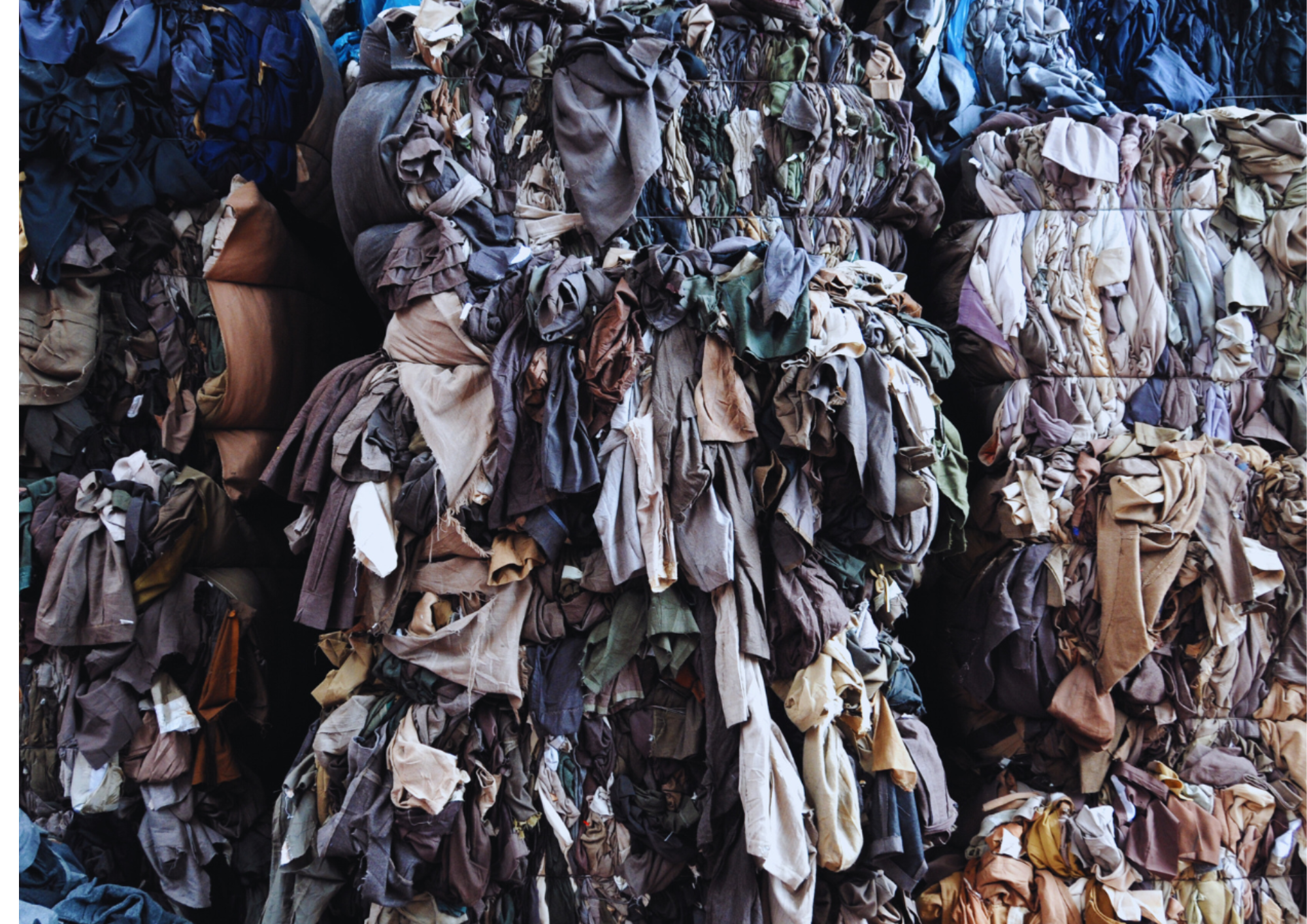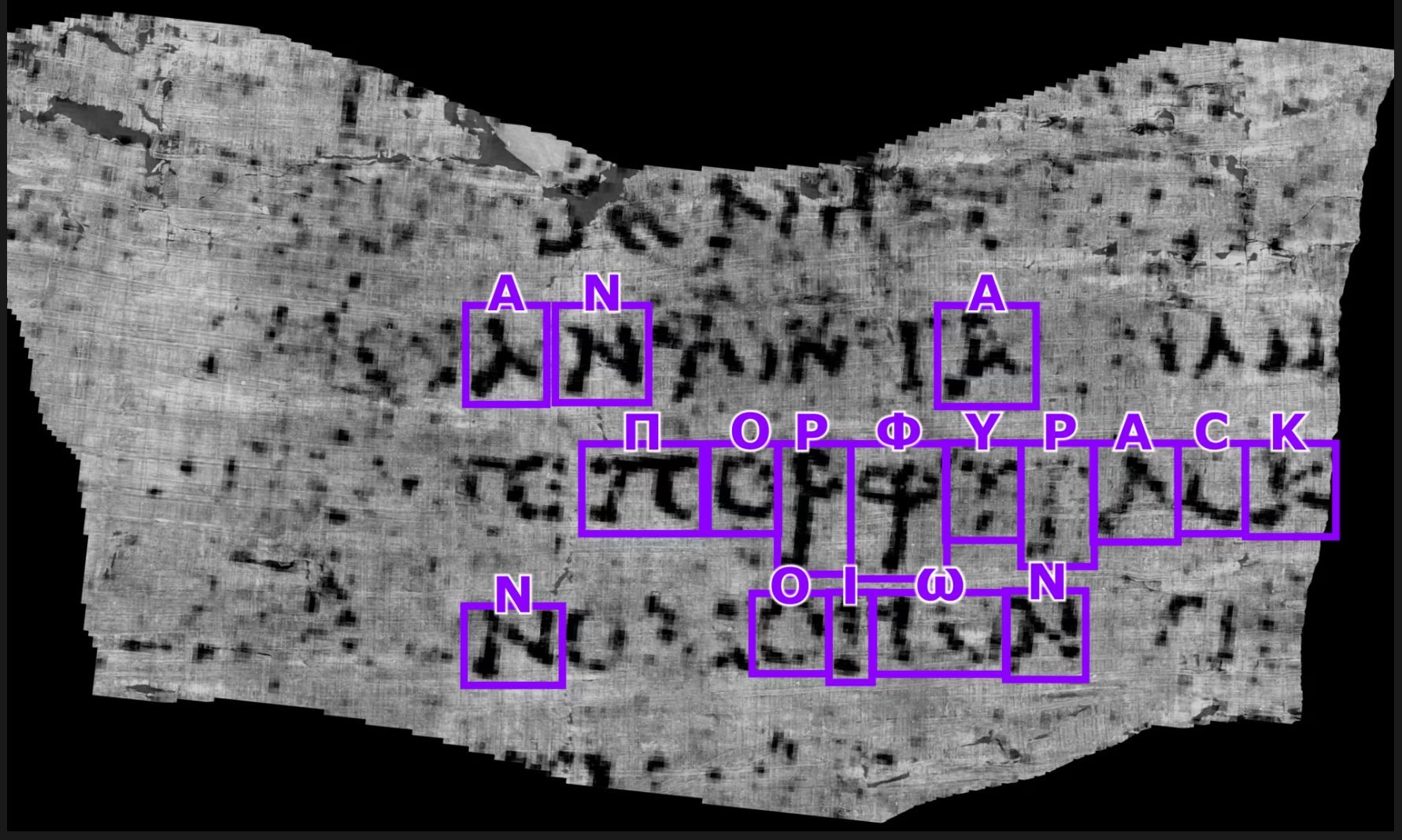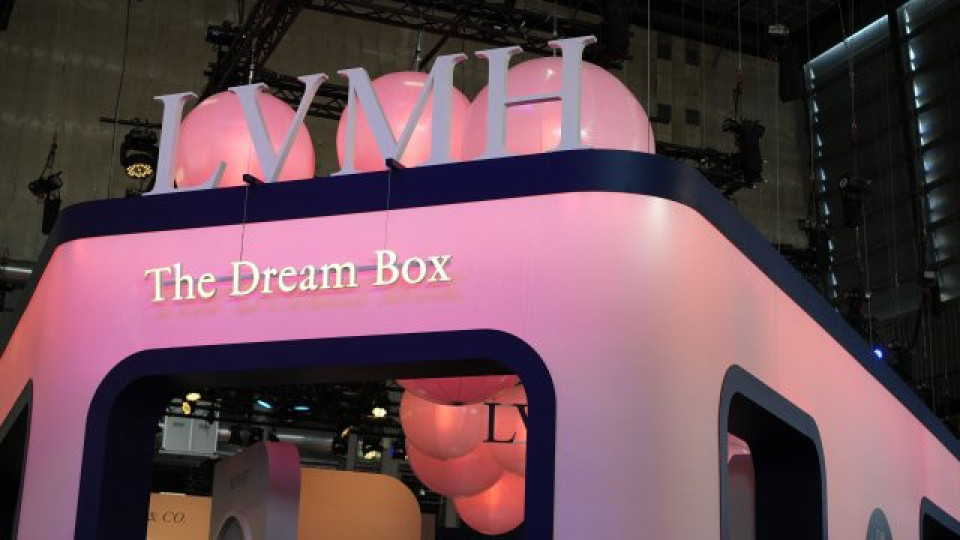By Prof. A.P. Lopukhin, Interpretation of the Holy Scriptures of the New Testament
Chapter 5. 1.-11. The Summons of Simon. 12-26. The healing of leprosy and weakness. 27-39. The feast at the tax collector Levi.
Luke 5:1. Once, when the people pressed to Him to listen to the word of God, and He was standing by the lake of Gennesaret,
During Christ’s preaching, when he stood on the very shore of the Lake of Gennesaret (cf. Matt. 4:18), the people began to press him so that it became difficult for him to remain on the shore for a longer time (cf. Matt. 4:18; Mark 1:16).
Luke 5:2. he saw two ships standing by the lake; and the fishermen who came out of them were sinking the nets.
“The nets floated”. The evangelist Luke pays attention only to this activity, the other evangelists also tell about the mending of the nets (Mark 1:19) or only about the casting of the nets (Matt. 4:18). It was necessary to melt the nets in order to free them from the shells and sand that got into them.
Luke 5:3. Entering one of the ships that belonged to Simon, he asked him to sail a little from the shore, and sitting down, he taught the people from the ship.
Simon was already a disciple of Christ (cf. John 1:37 ff.), but he was not called, like the other apostles, to a constant following of Christ, and continued to engage in fishing.
For the place where Christ was in the boat during the sermon, cf. Mark 4:1.
The Lord suggested to Simon that he should swim farther to a deep place and there cast his nets to catch fish. The word “asked” was used instead of “ordered” (Evthymius Zigaben).
Luke 5:4. And when he had ceased to speak, Simon said: swim to the deep, and cast your nets for fishing.
Luke 5:5. Simon answered Him and said: Master, we have been toiling all night, and we have caught nothing; but at Your word I will cast down the net.
Simon, addressing the Lord as “Teacher” (ἐπιστάτα! – instead of the address often used by the other evangelists “rabbis”), replied that a catch could hardly be expected, after he and his companions had tried even at night, in the best hours for fishing, but even then they caught nothing. But still, according to faith in the word of Christ, which, as Simon knew, had miraculous power, he did the will of Christ and received a great catch as a reward.
“We marvel at the faith of Peter, who despaired of the old and believed in the new. “At Your word I will cast the net.” Why does he say, “according to your word”? For “by Your word” “the heavens were made”, and the earth was founded, and the sea was divided (Ps. 32:6, Ps. 101:26), and man was crowned with his flowers, and everything was done according to Your word, as Paul says, “holding everything by His powerful word” (Heb. 1:3)” (St. John Chrysostom).
Luke 5:6. When they had done this, they caught a great multitude of fish, and their net was rent.
Luke 5:7. And they beckoned to the companions who were in another ship to come to their aid; and they came, and so filled the two ships that they would sink.
This catch was so great that the nets began to tear in some places, and Simon together with the companions began to give signs with their hands to the fishermen who remained in the other boat at the very shore, to come quickly to their aid. It was unnecessary for them to shout because of the remoteness of the distance of Simon’s boat from the shore. And his companions (τοῖς μετόχοις) seem to have been following Simon’s boat all the time, for they had heard what Christ had said to him.
“Give a sign, not a shout, and these are sailors who do nothing without shouts and noise! Why? Because the miraculous catch of fish deprived them of their tongue. As eyewitnesses to the divine mystery that had taken place before them, they could not shout, they could only call with signs. The fishermen who came from the other boat, in which Jacob and John were, began to gather the fish, but no matter how much they gathered, new ones entered the nets. The fish seemed to be competing to see who would be the first to fulfill the Lord’s command: the small ones overtook the big ones, the middle ones kept ahead of the bigger ones, the big ones jumped over the smaller ones; they did not wait for the fishermen to catch them with their hands, but jumped into the boat themselves. The movement at the bottom of the sea stopped: none of the fish wanted to stay there, because they knew who said: “let the water produce reptiles, living souls” (Gen. 1:20)” (St. John Chrysostom).
Luke 5:8. Seeing this, Simon Peter fell before the knees of Jesus and said: depart from me, Lord, because I am a sinful man.
Luke 5:9. For terror came upon him and all who were with him, because of that catch of fish which they had caught,
Both Simon and the others who were there were extremely frightened, and Simon even began to ask the Lord to get out of the boat, as he felt that his sinfulness could suffer from the holiness of Christ (cf. Luke 1:12, 2 :9; 3 Kings 17:18).
“From that catch” – more precisely: “from the catch they took” (in the Russian translation it is inaccurate: “caught by them”). This miracle particularly struck Simon, not because he had not seen Christ’s miracles before, but because it was done according to some special intention of the Lord, without any request on Simon’s part. He understood that the Lord wanted to give him some special commission, and the fear of the unknown future filled his soul.
Luke 5:10. so also James and John, sons of Zebedee, who were companions of Simon. And Jesus said to Simon: do not be afraid; from now on you will hunt humans.
Luke 5:11. And having drawn the ships ashore, they left everything and followed Him.
The Lord reassures Simon and reveals to him the purpose He had in miraculously sending Simon the richest fishing. This was a symbolic action by which Simon was shown the success he would have when he began to convert many people to Christ through his preaching. Obviously, the evangelist is presenting here that great event that happened primarily thanks to the preaching of the Apostle Peter on the day of Pentecost, namely, the conversion of three thousand people to Christ (Acts 2:41).
“They left everything”. Although the Lord addressed only Simon, it seems that the other disciples of the Lord understood that the time had come for all of them to leave their studies and go with their Master. After all, this was not yet the call of the disciples to apostolic ministry that followed (Luke 6:13ff).
The negative criticism claims that in the first two evangelists nothing is said about the miraculous fishing, from which the conclusion is drawn that the evangelist Luke has merged here two completely different events in time into one: the calling of the disciples to become fishers of men (Matt. 4 :18-22) and the miraculous fishing after Christ’s Resurrection (John 21). But the miraculous catch in the Gospel of John and the miraculous catch in the Gospel of Luke have a completely different meaning. The first speaks of the restoration of the apostle Peter in his apostolic ministry, and the second – still of the preparation for this ministry: here the thought appears in Peter of that great work to which the Lord calls him. Therefore, there is no doubt that what is described here is not at all the catch reported by the Evangelist John. But then how can we reconcile the first two evangelists with the third? Why do the first two evangelists say nothing about fishing? Some interpreters, aware of their powerlessness to solve this question, claim that the evangelist Luke does not mean at all this call, about which the first two evangelists tell. But the whole setting of the event does not allow to think that it could be repeated and that the evangelist Luke was not talking about this moment of the evangelical history that the evangelists Matthew and Mark had in mind. Therefore, it is better to say that the first two evangelists did not attach such an important meaning to this symbolic fishing as it has in the evangelist Luke. In fact, for the evangelist Luke, describing in the book of Acts the preaching work of the apostle Peter, and, apparently, long interested in everything that had to do with this apostle, it seemed too important to note in the Gospel this symbolic foreshadowing of the successes of the future work of the apostle Peter, which is contained in the story of the miraculous fishing.
Luke 5:12. When Jesus was in a city, a man came who was full of leprosy, and when he saw Jesus, he fell on his face and begged Him and said: Lord, if you want, you can make me clean.
Luke 5:13. Jesus stretched out his hand, touched him and said: I want, be cleansed! And immediately the leprosy left him.
“touched him”. According to Blaz. Theophylact, God “touched” him not without reason. But since according to the Law he who touches a leper is considered unclean, He touches him, desiring to show that He has no need to observe such petty precepts of the Law, but that He Himself is the Lord of the Law, and that the clean are not at all are defiled by the apparently impure, but it is the leprosy of the soul that defiles. The Lord touches him for this purpose and at the same time to show that His holy flesh has the Divine power to purify and give life, as the true flesh of God the Word.
“I want, clean yourself”. To his faith comes the infinitely merciful answer: “I will, be cleansed.” All the miracles of Christ are revelations at the same time. When the circumstances of the case require it, He sometimes does not immediately respond to the petition of the sufferer. But there was never a single instance where He hesitated even for a moment when а leper cried out to Him. Leprosy was considered a sign of sin, and Christ wanted to teach us that the sinner’s heartfelt prayer for cleansing is always soon answered. When David, the prototype of all true penitents, cried out with true contrition: “I have sinned against the Lord”, the prophet Nathan immediately brought him the gracious gospel from God: “The Lord has taken away your sin; you shall not die” (2 Kings 12:13). The Savior reaches out and touches the leper, and he is immediately cleansed.
Luke 5:14. And he ordered him not to call anyone, but go, he said, and show yourself to the priest and offer for your purification, as Moses commanded, to them for a testimony.
(Cf. Matt. 8:2–4; Mark 1:40–44).
Evangelist Luke more closely follows Mark here.
Christ forbids the healed to tell about what happened, because touching the lepers, which is forbidden by the law, might again cause a storm of indignation on the part of the soulless legalists, for whom the dead letter of the law is dearer than humanity. Instead, the healed person had to go and show himself to the priests, bring the prescribed gift, to receive an official certificate of his cleansing. But the healed man rejoiced too much in his happiness to hide it in his heart, and did not keep the vow of silence, but made his healing known everywhere. However, Luke is silent about the disobedience of the leper evangelist (cf. Mark 1:45).
Luke 5:15. But the word about Him spread even more, and a great multitude of people flocked to listen to Him and pray to Him for their illnesses.
“Even more”, ie. to an even greater extent than before (μᾶλλον). The ban, he says, only encouraged people to spread the rumor about the Miracle Worker even more.
Luke 5:16. And He went to lonely places and prayed.
“And we need, if we have succeeded in something, to run away so that people do not praise us, and to pray so that the gift is preserved in our country.” (Evthymius Zygaben).
Luke 5:17. One day, when He was teaching, and Pharisees and teachers of the law were sitting there, from all the villages of Galilee and Judea, and from Jerusalem, and He had the power of the Lord to heal them, –
Evangelist Luke makes some additions to the narrative of the other Evangelists.
“One day”, i.e. in one of those days, precisely during the journey undertaken by the Lord (see Luke 4:43ff.).
“Law teachers” (cf. Matt. 22:35).
“from all the villages” is a hyperbolic expression. The motives for the coming of the Pharisees and teachers of the law could have been very diverse, but, of course, the unfriendly attitude towards Christ prevailed among them.
“Power of God”, i.e. the power of God. Where he calls Christ Lord, the Evangelist Luke writes the word κύριος articulated (ὁ κύριος), and here it is put κυρίου – unarticulated.
Luke 5:18. behold, some brought on a bed a man who was weak, and they were trying to bring him in and lay him before Him;
(Cf. Matt. 9:2–8; Mark 2:3–12).
Luke 5:19. and when they could not find where to bring him in, because of the rush, they climbed on top of the house and through the roof they let him down with the mat in the middle in front of Jesus.
“Through the roof”, i.e. through the slab (διὰ τῶν κεράμων) which was placed for the roof of the house. In one place they uncovered the plaque. (in Mark 2:4, the roof is represented as needing to be “broken through”).
Luke 5:20. And He, seeing their faith, said to him: man, your sins are forgiven.
“He said to him: man, you are forgiven…” – Christ calls the weak not “child”, as in other cases (for example, Matt. 9:2), but simply “man”, probably referring to his previous sinful life.
Blaz. Theophylact writes: “He first heals the mental disease, saying: ‘Your sins are forgiven,’ so that we know that many diseases are caused by sins; then he also healed bodily infirmity, seeing the faith of those who brought him. Because often by the faith of some He saves others”.
Luke 5:21. The scribes and Pharisees began to ponder and said: who is He who blasphemes? Who can forgive sins but God alone?
Luke 5:22. Jesus, understanding their thoughts, answered them and said: what are you thinking in your hearts?
“When you understand, think about them”. Some critics point here to a contradiction of the evangelist Luke with himself: on the one hand, he has just said what the scribes reasoned among themselves in public, so that Christ could hear their conversations, and then claims, that Christ penetrated into their thoughts, which they kept within themselves, as the evangelist Mark observes. But there is really no contradiction here. Christ could have heard the conversation of the scribes among themselves – Luke is silent about this – but at the same time He penetrated with His thought into their secret thoughts, which they were hiding. They, therefore, according to the Evangelist Luke, did not speak aloud all that they thought.
Luke 5:23. Which is easier? To say: are your sins forgiven; or should I say: get up and walk?
“Therefore He says: “Which seems more convenient to you, the forgiveness of sins or the restoration of the health of the body? Perhaps in your opinion the forgiveness of sins seems more convenient as something invisible and intangible, although it is more difficult, and the healing of the body seems more difficult as something visible, though it is essentially more comfortable.” (Blaz. Theophylact)
Luke 5:24. But that you may know that the Son of Man has power on earth to forgive sins (he says to the weak): I say to you: get up, take your mat and go home.
Luke 5:25. And he got up immediately before them, took up what he was lying on, and went home, praising God.
Luke 5:26. And terror seized them all, and they glorified God; and being filled with fear, they said: we have seen wonderful things today.
The impression made by this miracle on the people (verse 26), according to the evangelist Luke, was stronger than Matthew and Mark described it.
Luke 5:27. After that, Jesus went out and saw a tax collector named Levi, who was sitting at the customs office, and he said to him: follow me.
The summons of the publican Levi and the feast organized by him, the evangelist Luke describes according to Mark (Mark 2:13-22; cf. Matt. 9:9-17), only occasionally supplementing his account.
“Goed out” – from the city.
“He saw” – more correctly: “began to look, to observe” (ἐθεάσατο).
Luke 5:28. And he, leaving everything, got up and followed Him.
“Having left everything”, i.e. your office and everything in it!
“went after” – more precisely: “followed” (min. imperfect tense of the verb ἠκολούει according to the best readings means constant following of Christ)
Luke 5:29. And Levi prepared a great feast for Him at home; and there were many tax collectors and others sitting at the table with them.
“And others who sat at the table with them.” Thus the evangelist Luke replaces Mark’s expression “sinners” (Mark 2:15). About the fact that there were “sinners” at the table, he says in verse 30.
Luke 5:30. And the scribes and Pharisees grumbled and said to His disciples: Why do you eat and drink with publicans and sinners?
Luke 5:31. And Jesus answered them and said: the healthy do not need a doctor, but the sick;
Luke 5:32. I have not come to call the righteous, but sinners to repentance.
Luke 5:33. And they said to Him: why do John’s disciples often fast and pray, just like the Pharisees, but Yours eat and drink?
“Why John’s disciples…”. Evangelist Luke does not mention that John’s disciples themselves turned to Christ with questions (cf. Matthew and Mark). This is explained by the fact that he shortens this picture, which the first two evangelists divide into two scenes, into one scene. Why John’s disciples found themselves this time together with the Pharisees is explained by the similarity in their religious practices. In fact, the Pharisaic spirit of fasting and prayer was completely different from that of the disciples of John, who at the same time denounced the Pharisees quite a bit (Matt. 3). The prayers that John’s disciples did – only the evangelist Luke mentions them – were probably performed at different times of the day, the so-called Jewish “shma” (cf. Matt. 6:5).
Luke 5:34. He said to them: Can you make the bridegroom fast when the bridegroom is with them?
“And now let us briefly say that the “sons of marriage” (the bridegrooms) are called the apostles. The Lord’s coming is likened to a wedding because He has taken the Church as His bride. Therefore now the apostles should not fast. John’s disciples must fast because their teacher practiced virtue through labor and sickness. For it is said: “John came neither eating nor drinking” (Matt. 11:18). But My disciples, since they are staying with Me – the Word of God, now they do not need the benefit of fasting, because it is precisely from this (staying with Me) that they are enriched and are protected by Me”. (Blessed Theophylact)
Luke 5:35. But the days will come when the bridegroom will be taken away from them, and then in those days they will fast.
Luke 5:36. At this he told them a parable: no one sews a patch of a new garment on an old garment; otherwise, the new one will also tear, and the old one will not resemble a new patch.
“At that he told them a parable…”. Explaining that the Pharisees and John’s disciples could not make claims about Christ’s non-observance of fasts (the prayer is out of the question because, of course, Christ’s disciples also prayed), the Lord further explains that on the other hand , His disciples should not harshly condemn the Pharisees and the disciples of John for their strict adherence to the Old Testament decrees or, better, to the ancient customs. One should not really take a patch of a new garment to mend an old one; the old patch does not fit, and the new one will also be ruined by such a cut. This means that to the Old Testament worldview, on which even the disciples of John the Baptist continued to stand, not to mention the Pharisees, should not be added only one part of the new Christian worldview, in the form of a free attitude to the fasts established from Jewish tradition (not from the Law of Moses). What if John’s disciples borrowed from Christ’s disciples only this freedom? Otherwise, their worldview will in no way change, and in the meantime they will violate the integrity of their own outlook, and along with this new Christian teaching, with which they then had to become acquainted, will lose for them the impression of integrity.
Luke 5:37. And no one pours new wine into old wineskins; otherwise, the new wine will burst the wineskins, and will only leak out, and the wineskins will be wasted;
Luke 5:38. but new wine must be put into new wineskins; then both will be preserved.
“And no one pours…”. Here is another parable, but with exactly the same content as the first. The new wine needs to be put into new wineskins because it will ferment and the wineskins will stretch too much. The old skins will not withstand this fermentation process, they will burst – and why should we sacrifice them in vain? They may be adapted to something… It is clear that Christ here again points out the futility of forcing the disciples of John, unprepared to accept His teaching as a whole, by absorbing some separate rule of Christian freedom. For now, let the bearers of this freedom be people capable of perceiving and absorbing it. He, so to speak, excuses John’s disciples for still forming some separate circle outside of communion with Him…
Luke 5:39. And no one who has drunk old wine will immediately ask for new; because he says: old is better.
The same excuse for John’s disciples is contained in the last parable about old wine tasting better (verse 39). By this the Lord wants to say that it is perfectly understandable to Him that people, accustomed to certain orders of life and having assimilated for themselves long-established views, cling with all their might to them.



